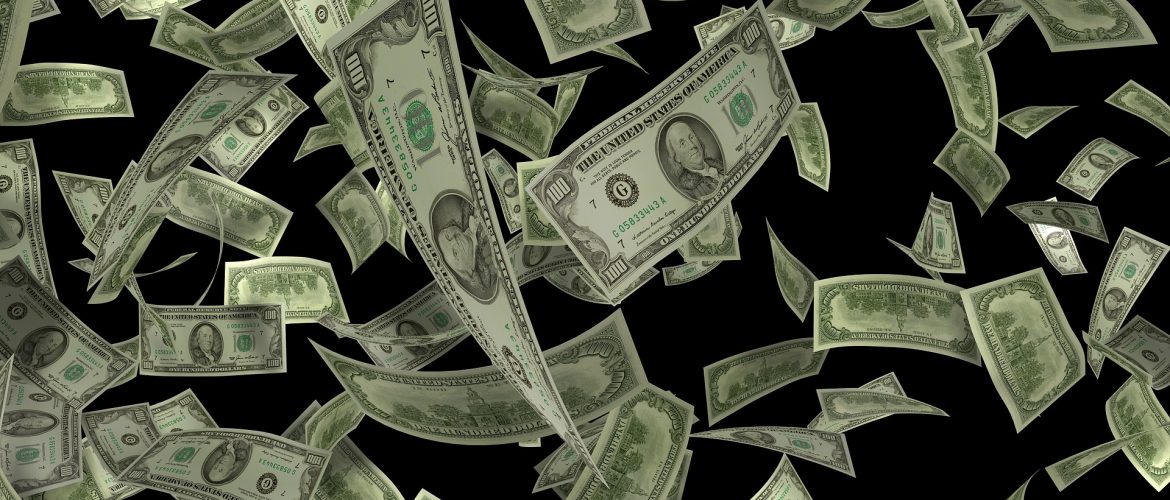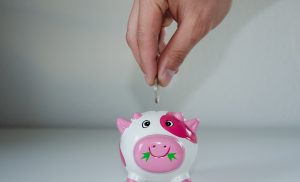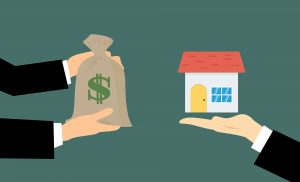Everybody wants to be rich and nobody cares about cash flow. Usually discussions about being wealthy, retirement whenever one wants or financial freedom are about overall wealth and never about passive cash flow (= passive income based on dividends). However, in the beginning of the journey to personal financial freedom it is far more important to build a good passive cash flow than simply to be wealthy. In this article, I will explain what this means.
Cash flow is usually used not for personal finances but as a term to describe the financials of a company. The net cash flow of a certain time-frame can be described as the increase or decrease in cash balance. Assuming a company has simply one bank account, then, if at the end of the month there is a higher number on the account the company had a positive cash flow. If the number decreases, then, the cash flow is negative.
Although this is a concept usually used for companies, we are doing exactly the same when we calculate the savings rate, while already having dividend income. When we are subtracting our monthly expenses from the monthly dividend income and from the active income, we are creating our own net cash flow (see second example in this article). The net cash flow is then divided by the active income to generate the savings rate. Calculating the savings rate like this only works if you have a positive net cash flow.
When your monthly expenses are on average lower than your monthly dividend income, you have enough positive cash flow to live from your dividends. That is the magic of passive income or positive passive cash flow.
But why is it important to generate cash flow first instead of wealth? Is it not better to buy only stocks like, let us say Amazon, that do not pay dividends, so the company can use the money without paying taxes to increase the value of the company? Cash flow, as dividends, that we receive on our bank account is always taxed. Especially in Europe, where taxes on dividends are very high in many countries, this is definitely a good question.
In Germany, there is a special situation because the first 801 EUR per person every year of dividend income are tax free, but after that one could still ask why not just buy stocks like Berkshire Hathaway (ticker symbol: BRK-A or BRK-B) and Amazon (ticker symbol: AMZN)?
It all comes back to the aims one has. If the first aim is financial freedom that simply means that one’s bills are paid every month no matter if one works or not, then, this can only happen with dividend income. Only dividend income from a single stock portfolio or ETFs can bring in positive cash flow even if you are in a hospital and cannot move and are therefore truly passive.
Having fancy stocks that get more expensive every minute does not generate cash flow. It just generates book value increases. These book value increases are real and do indeed increase your wealth. But you cannot use a stock to pay your bills. You would always have to sell the stocks first. And everytime you have to sell a stock, you have to pay the taxes on it anyway, so there is also no tax advantage to not directly pay the taxes on the dividend income. Also, by now ETFs that retain dividends still have to pay them. The gap that existed in the past for ETFs that retain dividends has been closed. So having this tax advantage now only works for single stocks.
High cash flow via dividends also allows to invest more money every month and adjust your novel investments according to your learnings without having to sell stocks.
Another factor is the psychological effect of seeing the monthly cash flow positively affecting your account. Stock or ETF values can go up and down. But receiving cash in your bank account is a truth that noone can deny.
Due to all these reasons I think that it is clearly beneficial to start with investments that also provide dividends. That does not mean that one is not allowed to buy stocks that do not pay dividends but they should not be the majority.
Once the savings rate is 100%, one can think less about cash flow and more about building wealth. In the end cash flow is building wealth and wealth can create cash flow. But it is not the same and considering and understanding these differences is very important for financial unicorns.
It is quite interesting that for startups as well as for personal finances the dogma of cash flow first seems to be pretty valuable.







